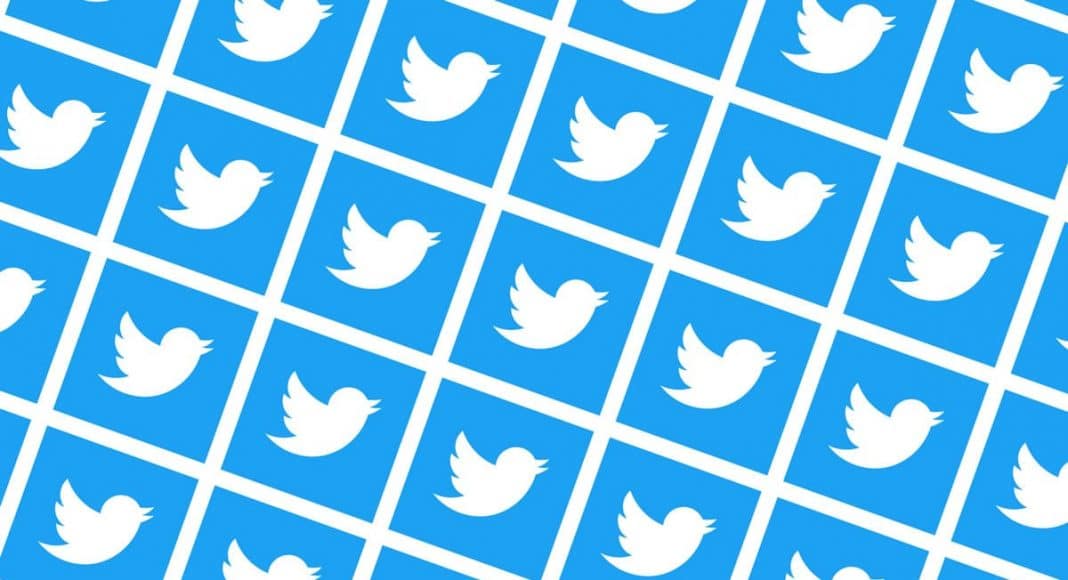In an angry string of tweets, President Trump called James Comey “weak”, “liar”, “leaker” and “slimeball.” Merriam-Webster reports that after this, the number of searches for the word “slimeball” were up by 60,000 percent. We didn’t even know that word was a part of the dictionary.
….untruthful slime ball who was, as time has proven, a terrible Director of the FBI. His handling of the Crooked Hillary Clinton case, and the events surrounding it, will go down as one of the worst “botch jobs” of history. It was my great honor to fire James Comey!
— Donald J. Trump (@realDonaldTrump) April 13, 2018
These tweets were prompted by excerpts of James Comey’s new book, A Higher Loyalty; Truth, Lies, and Leadership, which was released on April 17 and is rumored to be very scandalous, particularly for the Trump administration. In it, Comey compares President Trump to a mob boss and more.
Taking advantage of the drama and spotlight, Merriam-Webster tweeted the definition of the word.
?’Slimeball’ is spiking after the President’s statement against James Comey. We define it as “a morally repulsive or odious person.”https://t.co/XDSx8y13xF
— Merriam-Webster (@MerriamWebster) April 13, 2018
-
Related Story: The Most Popular Netflix Rentals Every Year Since 1998
According to Mashable, the words “slime” and “ball” have been in the dictionary for ages; it was only in 1972 when the two were first used together in the Pittsburgh Post Gazette.
Merriam-Webster has a pretty cool presence on social media, correcting people, trolling politicians, and calling feminism their word of the year. They’ve also added words like embiggens and dumpster-fire — both created by “The Simpsons” — to their dictionary. Because we need these things for posterity.


